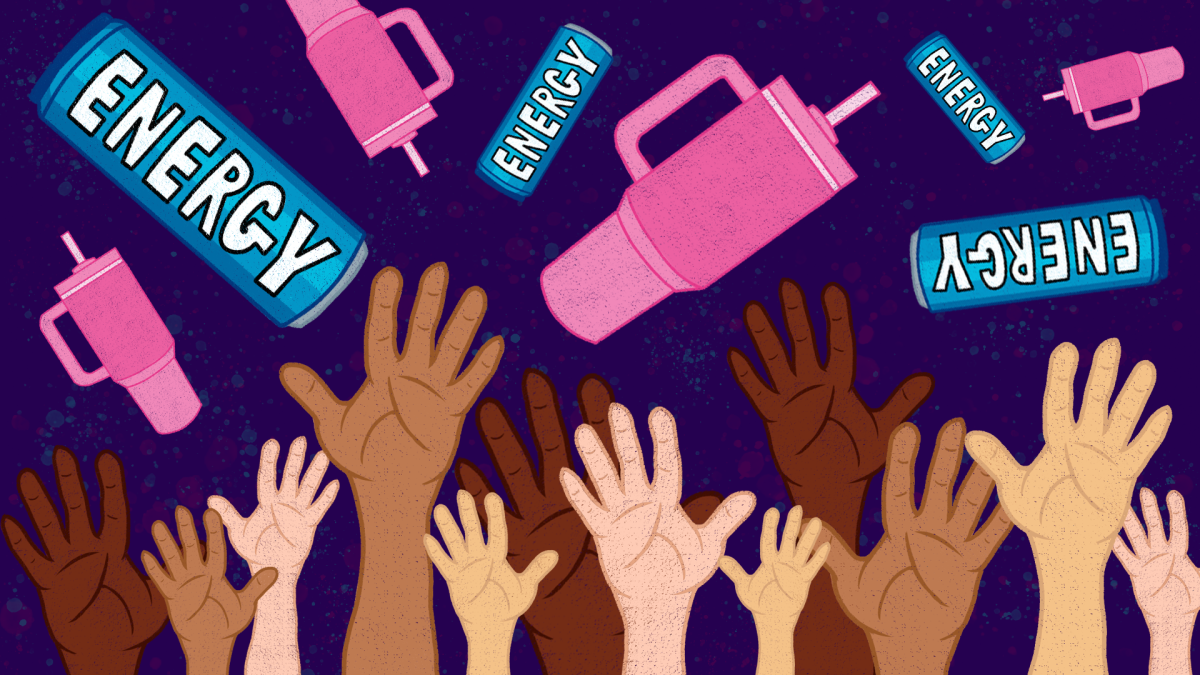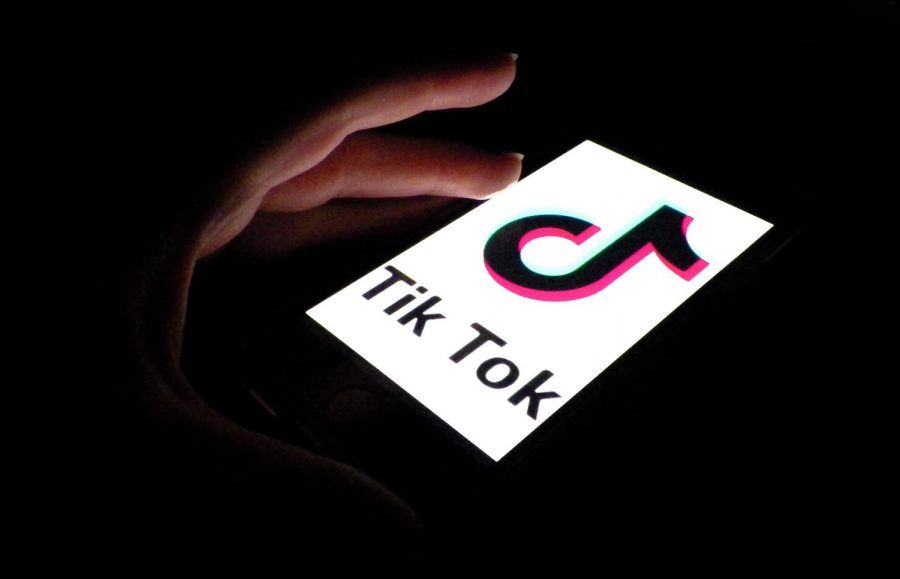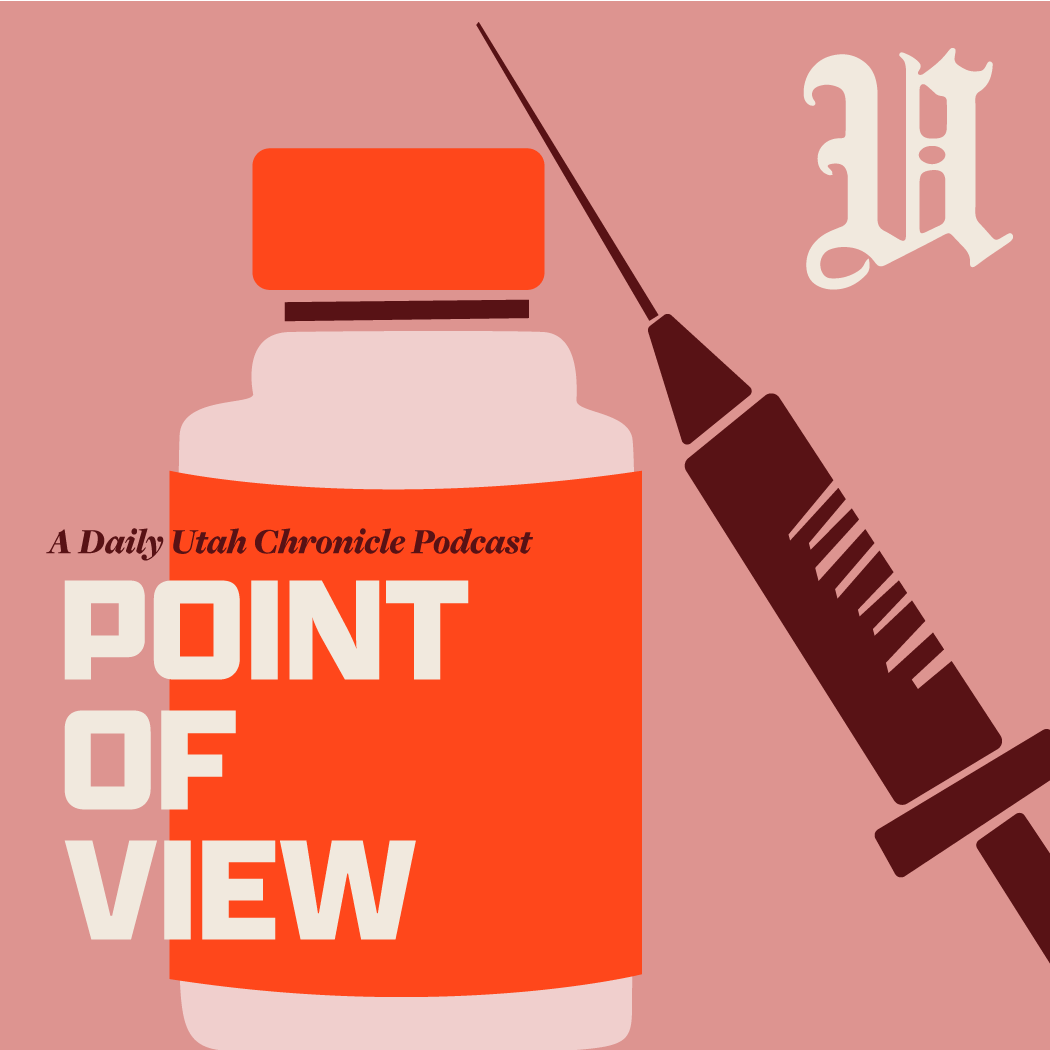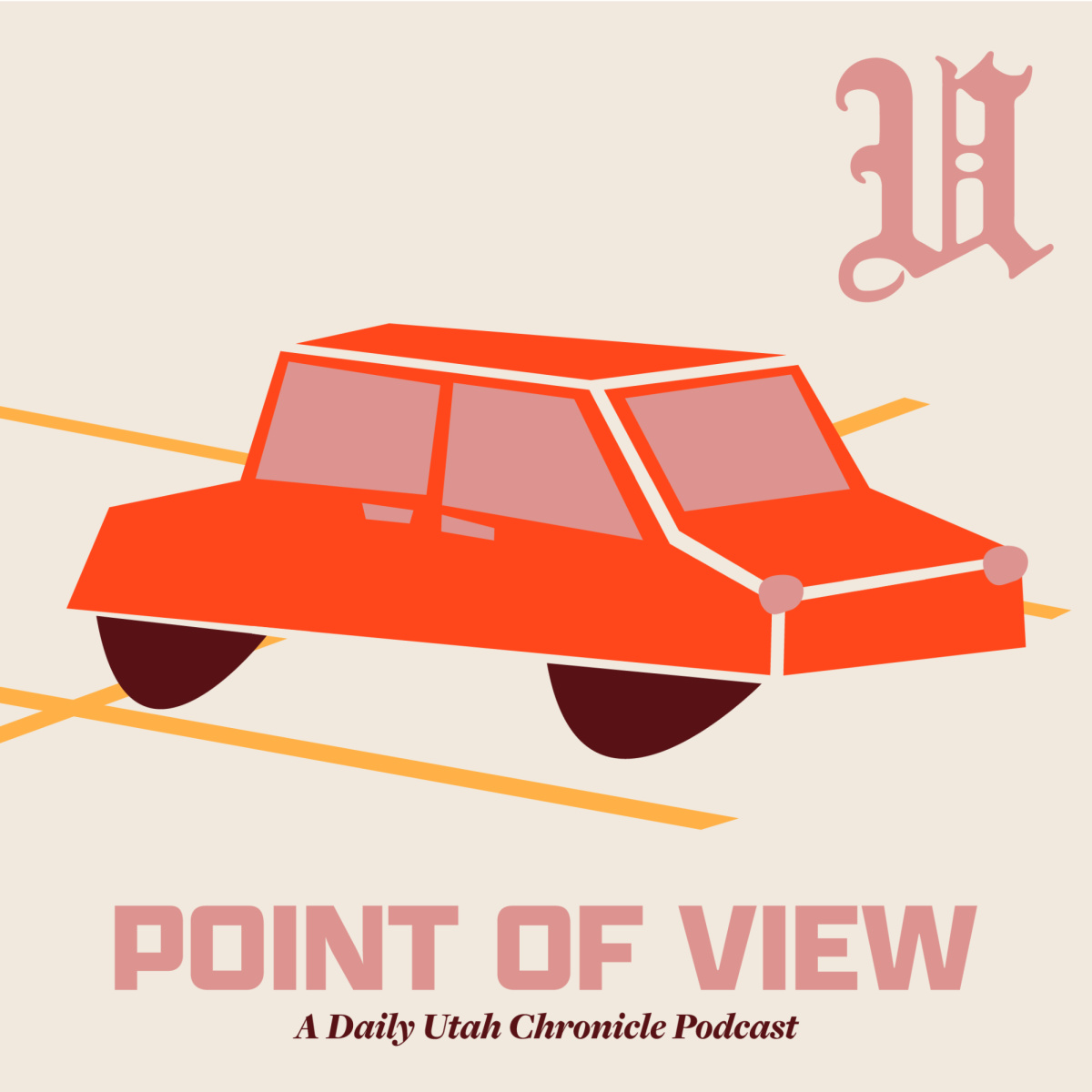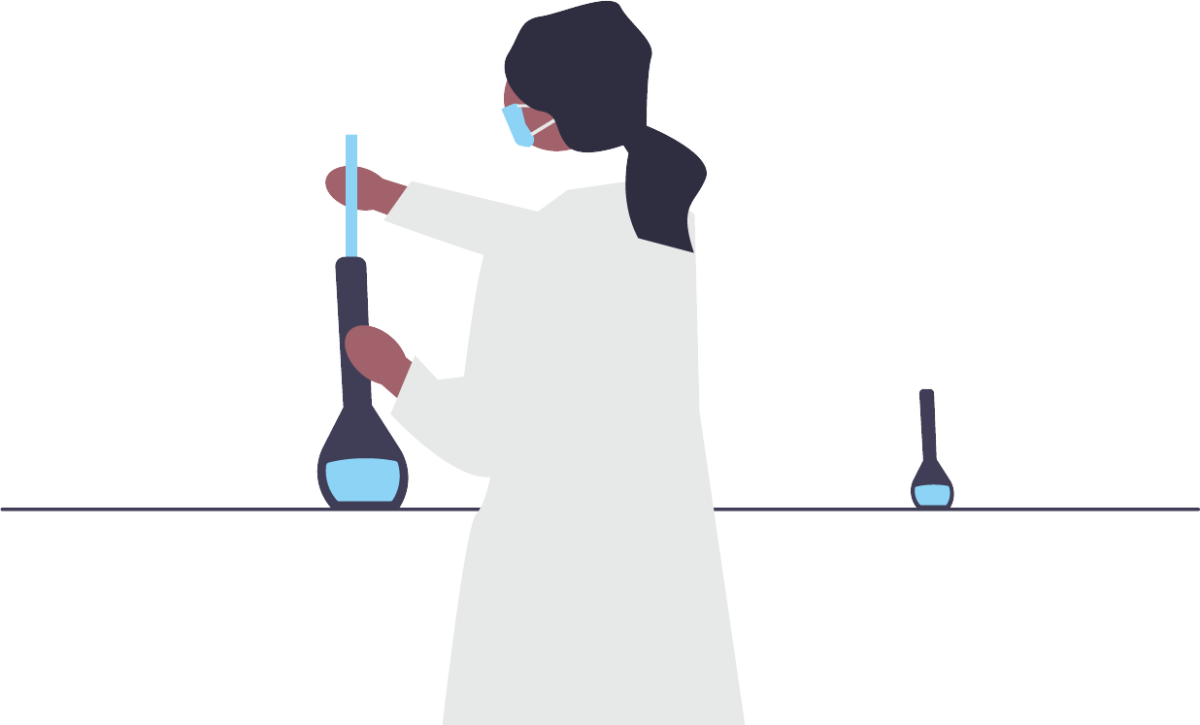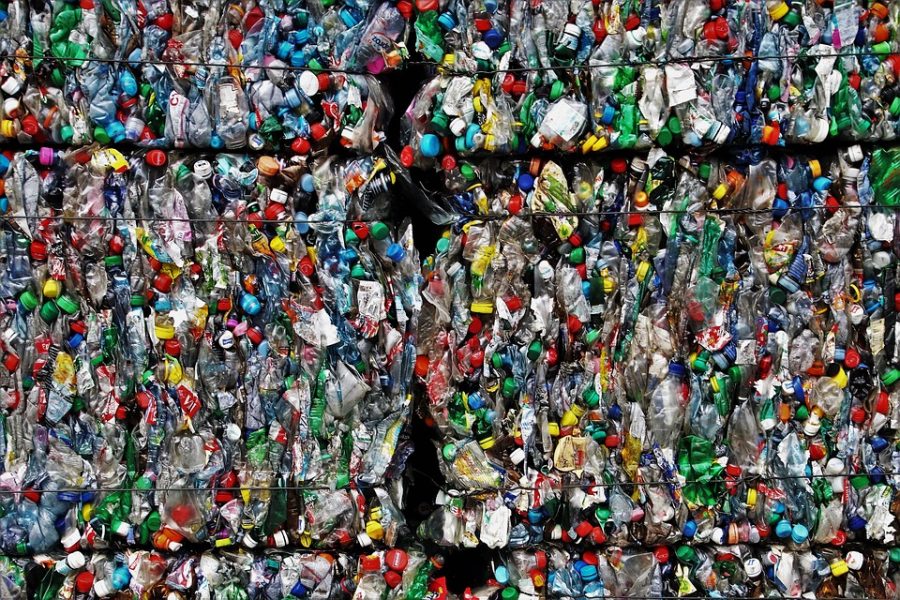Though the project began ten years ago, I’ve just recently been exposed to photographer Chris Jordan’s series “Midway: Message from the Gyre.” It’s a collection of images demonstrating the literal mortal danger that human plastic consumption poses to the natural world. The photos are of albatrosses, lying dead on the beaches of Midway Island, with their stomachs full of bottle caps, toothbrushes and small bits of plastic. The series is a visceral reminder not only of the damage our plastic addiction has already done, but that our own bodies are threatened by the bioaccumulation of plastic and other chemicals as they move up the food chain. In his 2012 TedX talk, Jordan refers to the birds as “canaries in a coal mine,” a warning that humans must break out of our destructive habits or face the consequences of consuming plastic ourselves.
In 2019, the idea of plastic pollution is hardly new. The Pacific Garbage Patch, and innovators’ efforts to shrink it has increasingly appeared in the news. Some Asian countries have recently banned imports of foreign trash and recyclables. Even plastic straws are now only available at some restaurants upon request — and President Trump now sells them as campaign merch in response.
Unfortunately, Utah has been slow to respond to the growing anti-plastic trend. Brigham Young University’s The Daily Universe recently reported that “Utah’s low recycling rates contribute to [the] global waste issue,” noting the state ranks second to worst in the nation for the percentage of solid municipal waste recycled. The author describes the various barriers to recycling which contribute to this, from contamination of recyclable materials to a lack of access to recycling services. But the ‘Three Rs’ that most kids learn in elementary school — Reduce, Reuse, and Recycle — are listed in order from most to least helpful to the environment. There are strategies beyond recycling that Utah can and must employ in order to scale back our contribution to global plastic pollution.
Thankfully, progressive cities around the country set examples of how to do that, specifically in terms of single-use plastic policies. In 2007, San Francisco became the first city in the nation to ban plastic grocery bags with a citywide bag ban. Restrictions on bottled water and policies on condiment packages and other food-related plastic waste have emerged in the twelve years since. Portland, Oregon; Providence, Rhode Island; Seattle; Austin, Texas and parts of New York are also on the growing list of U.S. municipalities to implement single-use plastic restrictions — as are the local cities of Moab and Park City, Utah.
It’s too late for Salt Lake City to be a national leader in single-use plastic policy, but an initiative like a plastic bag ban — or even a plastic tax — in our red state could help to depoliticize basic environmental issues. More importantly, curtailing Utah’s plastic waste and poor recycling habits is crucial to the health and beauty of our own and other communities. This would benefit Utahns not only in terms of plastic waste and toxic pollution but also from the environmental racism associated with the production of plastic and other oil-based chemicals. Restrictions on single-use plastic in Salt Lake City is an important first step toward statewide reduction of plastic use and related problems — and the Salt Lake City mayoral race presents a great opportunity to bring this topic to the attention of the public as well as Utah’s political leaders.
As incumbent Jackie Biskupski voluntarily stepped out of the race, eight new candidates are vying for the position — former state Senator Jim Dabakis, state Senator Luz Escamilla, environmental lawyer David Garbett, freelance journalist Richard Goldberger, Rainer Huck, local businessman David Ibarra, Salt Lake City Councilwoman Erin Mendenhall and her former colleague Stan Penfold. Environmental issues have emerged as important topics in the first two mayoral debates and in the race at large. Many candidates have come out against Utah’s proposed inland port and offered up plans to address air quality — Utahns’ top concern according to a 2015 study by Envision Utah — through changes to public transit and other planning measures.
Reducing Salt Lake’s “[contribution] to the global waste issue,” as The Daily Universe put it, has not come up in the debates or been mentioned as part of any candidate’s platform, but it should. As Utah’s population nearly doubles over the next three decades, so will our plastic waste without policy-based intervention. The kind of long-range thinkers we want in the mayor’s office should recognize this as significant to the maintenance of our state’s famously high quality of life and to the well-being of our planet — so single-use plastic should be part of the conversation as we consider candidates and finally elect a new mayor of Salt Lake City this November.








